Mental health counseling for couples is a collaborative process aimed at improving communication, resolving conflicts, and strengthening relationships through safe, supportive environments. Therapists use techniques like active listening and empathy to help partners express their thoughts and feelings honestly. This approach addresses challenges stemming from stress, trauma, infidelity, or everyday ups and downs, promoting shared responsibility for personal growth and mutual understanding. Ultimately, it enhances communication skills, improves conflict resolution strategies, fosters emotional intimacy, and leads to enhanced connection, increased satisfaction, and lasting well-being for both partners. Effective mental health counseling provides tools for managing stress, resolving disagreements healthily, and building resilience in relationships, even in the face of modern lifestyle pressures.
“Couples mental health counseling offers a powerful tool for strengthening relationships and improving individual well-being. This collaborative approach addresses the unique challenges modern couples face, fostering open communication and trust in a safe therapeutic environment. By integrating effective strategies into daily life, partners can navigate conflicts, enhance intimacy, and cultivate lasting emotional resilience. Understanding the benefits of professional help and utilizing available resources paves the way for a healthier, more fulfilling partnership.”
Understanding Couples Mental Health Counseling: A Collaborative Approach

Couples mental health counseling, also known as couples therapy or marital counseling, is a collaborative approach designed to help partners work through communication issues, resolve conflicts, and strengthen their bond. This form of counseling recognizes that an individual’s mental well-being is deeply intertwined with their relationships, particularly within a romantic partnership. By creating a safe and supportive environment, therapists facilitate open dialogue, encouraging each partner to express their thoughts, feelings, and concerns honestly.
Through active listening, empathy, and evidence-based techniques, mental health counselors help couples navigate challenges related to stress, trauma, infidelity, or simply the natural ups and downs of a relationship. The collaborative nature emphasizes shared responsibility for personal growth and mutual understanding. By fostering better communication skills, improving conflict resolution strategies, and promoting emotional intimacy, couples mental health counseling offers a path towards enhanced connection, improved satisfaction, and lasting well-being for both partners.
The Benefits of Seeking Professional Help for Relationships
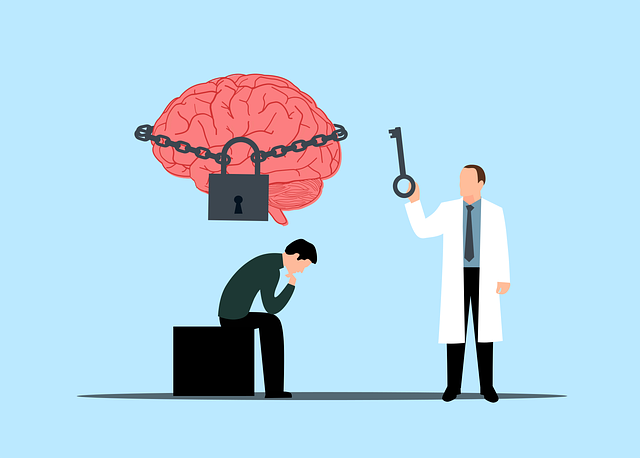
Seeking professional help in the form of mental health counseling for relationships can be a transformative step for couples facing challenges. This supportive environment allows individuals to explore and address underlying issues, fostering better communication and understanding. Through counseling, couples can gain valuable tools to navigate conflicts, improve emotional intimacy, and enhance their overall relationship satisfaction.
The benefits extend beyond the immediate; counseling provides long-lasting skills to manage stress, resolve disagreements healthily, and cultivate resilience as a couple. It offers a safe space to express feelings, gain insights into each other’s perspectives, and work collaboratively towards a happier, more fulfilling partnership.
Common Challenges Facing Modern Couples and Their Impact on Mental Well-being
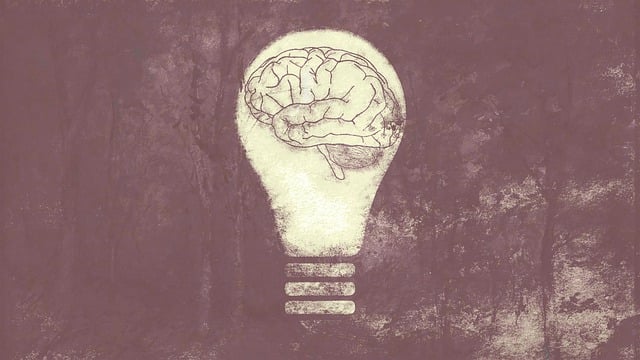
Modern couples often face a unique set of challenges that can significantly impact their mental well-being. The fast-paced nature of today’s world, with its constant connectivity and high-pressure lifestyles, puts a strain on relationships. Work commitments, financial pressures, and the demands of modern family structures contribute to stress and anxiety, which, if unaddressed, can lead to more serious mental health issues.
These challenges create an environment where effective communication becomes crucial. Many couples struggle with understanding each other’s needs and feelings, leading to misunderstandings and conflicts. Mental health counseling plays a vital role in helping these pairs navigate these difficulties. Through professional guidance, they learn healthier ways of communicating, managing stress, and addressing underlying issues, ultimately strengthening their bond and improving overall mental well-being.
Creating a Safe Space: Establishing Trust in Therapy Sessions
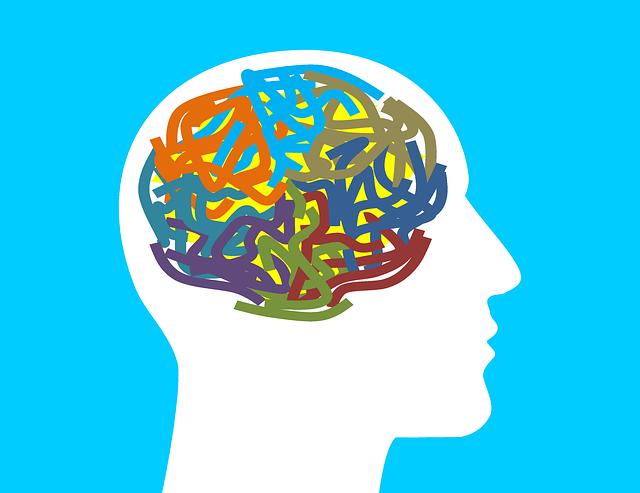
In couples mental health counseling, creating a safe and trusting environment is paramount for successful therapy. The initial sessions are crucial in establishing this foundation. Therapists must ensure their clients feel heard, respected, and understood, fostering an atmosphere where both partners can openly discuss their feelings and concerns without fear of judgment. This involves active listening, empathy, and maintaining confidentiality, allowing the couple to begin navigating their challenges together.
Building trust is a gradual process that requires consistency, warmth, and professionalism from the therapist. By creating a safe space, they encourage vulnerability, which is essential for addressing underlying issues and promoting personal growth within the relationship. This trust becomes the cornerstone upon which effective counseling strategies can be built, ultimately enhancing the couple’s ability to communicate and resolve conflicts healthily.
Effective Communication Strategies for Couples Therapy

In couples therapy, effective communication is key to fostering understanding and growth. Partners can enhance their sessions by practicing active listening—fully focusing on one another’s words, reflecting emotions, and asking clarifying questions. This strategy ensures both individuals feel heard and validated, creating a safe space for vulnerability. Additionally, using “I” statements instead of accusatory language prevents defensiveness and encourages a shared perspective.
Expressing feelings openly yet respectfully is crucial in mental health counseling. Couples can learn to identify and communicate their emotional needs, desires, and fears without blaming or criticizing. This process allows therapists to guide them in navigating conflicts constructively, building empathy, and deepening their connection. Effective communication strategies ultimately empower couples to improve their relationships and overall mental well-being through therapy.
Integrating Counseling into Daily Life: Sustaining Progress After Sessions
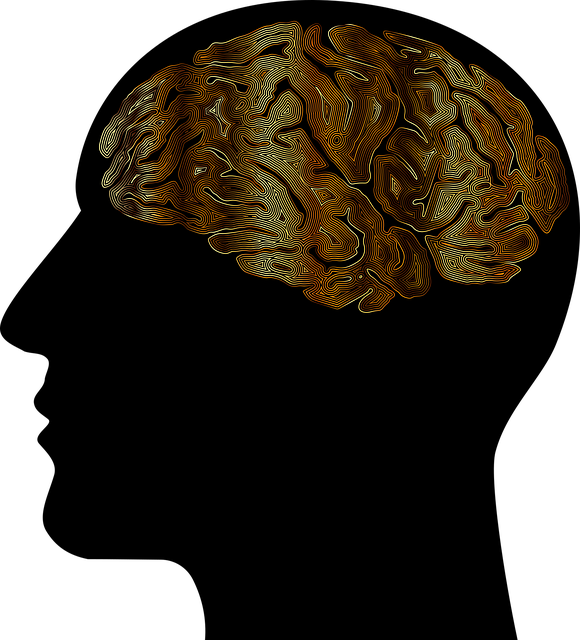
Integrating mental health counseling into daily life is a crucial step in maintaining progress after sessions. Many couples find it beneficial to continue practicing the techniques and strategies learned during counseling even outside the formal setting. This could involve incorporating mindfulness exercises, such as regular check-ins with each other to discuss feelings and concerns, or using communication tools like active listening and ‘I’ statements to foster open dialogue. By making these practices a part of their daily routine, couples can deepen their connection and better navigate challenges that may arise.
Additionally, maintaining a supportive environment at home is key. This includes setting aside dedicated time for each other, engaging in shared activities, and prioritizing quality sleep and self-care. Regularly reviewing the goals set during counseling sessions can also help keep everyone on track. Through consistent effort and integration of learned skills into everyday life, couples can sustain their mental health progress and strengthen their relationship.
Resources and Support: Navigating the Path to Better Mental Health Together
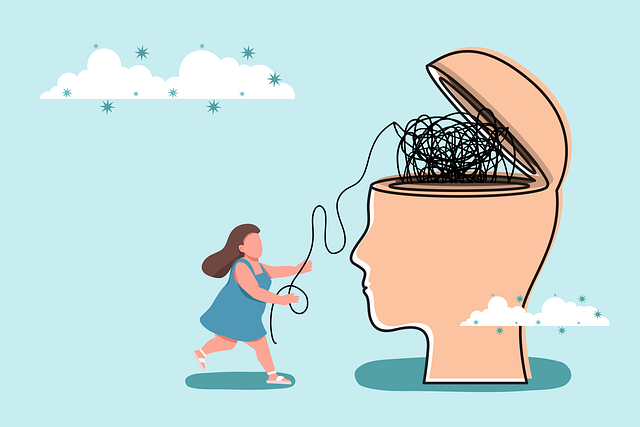
In navigating the path to better mental health together, couples can greatly benefit from a variety of resources and support systems. Mental health counseling is a powerful tool for fostering open communication, identifying underlying issues, and developing coping strategies tailored to their unique relationship dynamics. Professional counselors provide a safe, non-judgmental space where partners can explore their feelings, gain insights, and learn effective ways to manage stress, conflict, or trauma.
Beyond traditional therapy sessions, couples can access online platforms offering digital counseling services, making mental health support more accessible and convenient. Additionally, mutual support groups allow them to connect with other couples facing similar challenges, fostering a sense of community and shared understanding. These resources collectively empower partners to take proactive steps towards improving their mental well-being, strengthening their bond, and cultivating a healthier, more fulfilling relationship.
